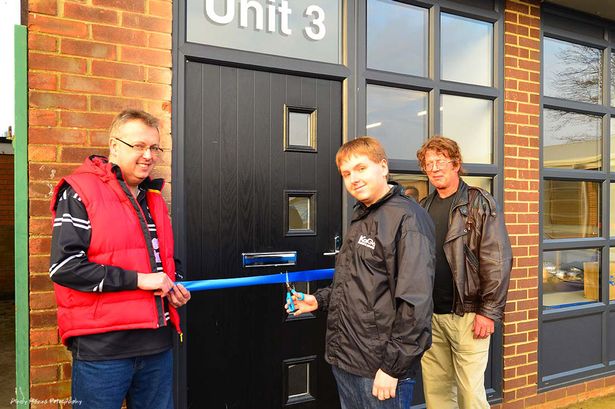Home
About Us
Page 2
The NIH plans to enter into a cooperative agreement with an eligible applicant and administer funds in the amount of $1,000,000 in order to assist the applicant in the process of pursuing research studies and pilot clinical studies that will deepen their current understanding of the benefits and uses of neural prosthetics.
|
|
The studies that can be covered under this program are those that include the testing of clinical prototype devices, preclinical safety and efficacy testing, design verification and validation procedures, proof-of-concept or pilot clinical studies, and pursuit of regulatory approval for clinical studies.
The institutions and organizations that will be considered eligible to enter into a cooperative agreement with the NIH are the following:
a) Higher Education Institutions such as Public/State Controlled Institutions of Higher Education and Private Institutions of Higher Education
b) Hispanic-serving Institutions, Historically Black Colleges and Universities (HBCUs), Tribally Controlled Colleges and Universities (TCCUs), Alaska Native and Native Hawaiian Serving Institutions
c) Nonprofit organizations other than institutions of higher education
d) For-Profit Organizations such as Small Businesses
e) State Governments, County Governments, City or Township Governments, Special District Governments, Indian/Native American Tribal Governments (Federally Recognized), and Indian/Native American Tribal Governments (Other than Federally Recognized)
f) Independent School Districts, Public Housing Authorities/Indian Housing Authorities, Native American Tribal Organizations (other than Federally recognized tribal governments), Faith-based or Community-based Organizations, and Regional Organizations.
Advanced Neural Prosthetics Research and Development Program
Back to Page 1
About The Author Michael Saunders is an editor of TopGovernmentGrants.com one the the most comprehensive Websites offering information on government grants and federal government programs. He also maintains Websites providing resources on grants for youth programs and home improvement grants. |
Additional Resources
category - Health Grants
Small Business Innovation Research Phase IIB Bridge Awards
Medical Tropical Research Laboratory Program Infectious Disease Research Award
Government Grants Within the United States Food and Nutrition Sector
Children Youth and Families At-Risk Sustainable Community Project
Follow @topgovtgrant
Social Entrepreneurship
Spotlight
Hexham Social Enterprise Launches Workshop to Provide Training for the Unemployed

A Gilesgate-based shop and community facility, Hexham’s Core Music, launches a separate workshop where up to six people will be trained how to repair guitars and make ukuleles. The European Social Fund grant supported the project and has secured funds through the County Durham Communication Foundation to equip the workshop in Burn Lane.
